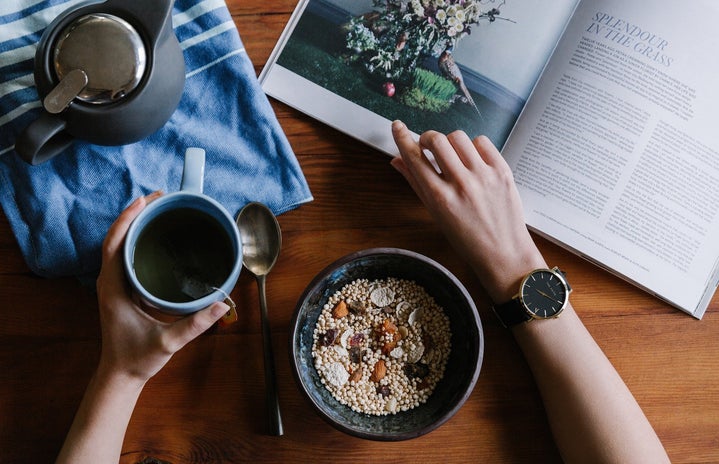Whether you are transitioning to a Keto, plant-based/vegan or raw diet, there are several factors to take into consideration when thinking about your health. This article focuses on health, which is why I am using the term ‘plant-based’ rather than ‘vegan’ – the distinction being the motivation and ideology behind each term. Many choose a plant-based diet because of health reasons – seeing that whole food plant-based diets have, in certain circumstances, been shown to have beneficial health effects. Veganism, on the other hand, is rooted in a moral ideology founded on the advocacy of animal rights and working against the exploitation of the agricultural industry. Whatever your reasons may be – whether you are transitioning to any new diet or trying to be more plant-based in your eating – it may bring a mixture of excitement and nervousness. To make dietary changes as smooth and sustainable as possible there are many factors to consider:
- Nutritional Research
Each person has a different health history. Someone that has previously consumed high doses of red meat, for example, may not experience a B12 or iron deficiency in the same way another might on a plant-based diet. For this reason, it is vital to do nutritional research – not only on the ingredients you consume but on your own health profile. This is essential in figuring out the right amounts for your circumstance. You want to check that you are getting the correct balance of proteins and nutrients when transitioning to a new diet so that no deficiencies catch up to you. Hacks (such as consuming vitamin C, which helps the body increase iron absorption) are useful to make sure you are not only consuming but absorbing the nutrients your body needs.
Watching informative videos, reading as many articles as possible and perhaps consulting a registered dietician can aid enormously with this aspect. Monitoring your own health regularly before your body forcefully sends you the signals is important. Neither an animal-based nor plant-based diet can guarantee health unless research into your own health profile is taken seriously.
- Cooking Your Own Food
‘Vegan’ or ‘plant-based’ may falsely perpetuate notions of ‘healthy’. Processed foods often contain sugars and other preservatives that are not necessarily the best for one’s wellbeing. Find bloggers and chefs that promote delicious recipes for the diet you are following. For example, there are several well-known plant-based and vegan chefs such as Deliciously Ella, Pick Up Limes and Mina Rome who have great recipes on their YouTube channels and/or recipe books that are inspiring when making your own food. Experiment. Take the new cooking and baking challenges as a chance to get creative.
- Attitude
Maintaining a positive attitude is key for motivating yourself to be healthier, especially in the times when it seems to evade you. Stay motivated. Should you be transitioning for moral rather than health grounds, sharing information in a non-judgemental, non-criticising way with others is the best way to maintain healthy relations and not spiral into too many disagreements or frustrations with others who may not see things the same way. After all, people are more likely to listen when they are met with compassion.
- Connect with Others on a Similar Journey
There is nothing worse than comments, from friends or family members, who don’t understand or agree with the health or moral decisions you may be making. Reach out to others. Whether that be another individual on the same diet, or just a supportive friend that always has your back. A healthy, supportive community environment is key – as well as staying away if it becomes toxic (which, in some cases, it unfortunately can.)
- Budgeting
The ‘vegan’ and ‘Keto’ labels are notorious for having a higher price tag. You may need to weigh up which substitutes and products are worth spending on and which to avoid or use as treats. You may also find yourself budgeting time too – if you are going to be relying on meal prepping or spending more time cooking and baking your own food. Find local markets and smaller businesses that may be cheaper.
Throw out the all-or-nothing mindset. If you have made the decision to change to a new way of eating and lifestyle, be kind to yourself. Everyone’s challenges will be different – whether it be the affordability or the availability of products. Consistency is the most important aspect to maintain. Take it one meal at a time.


